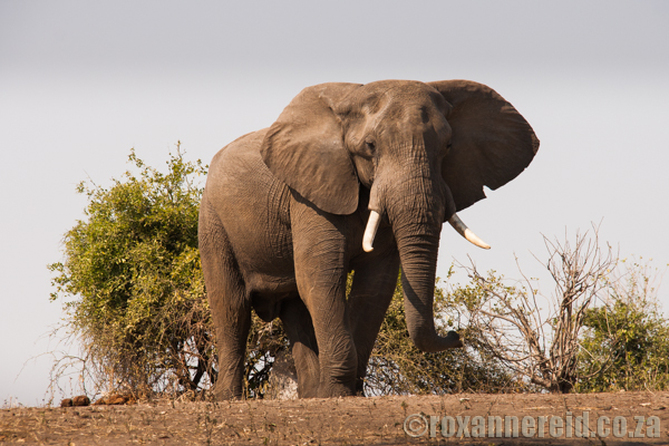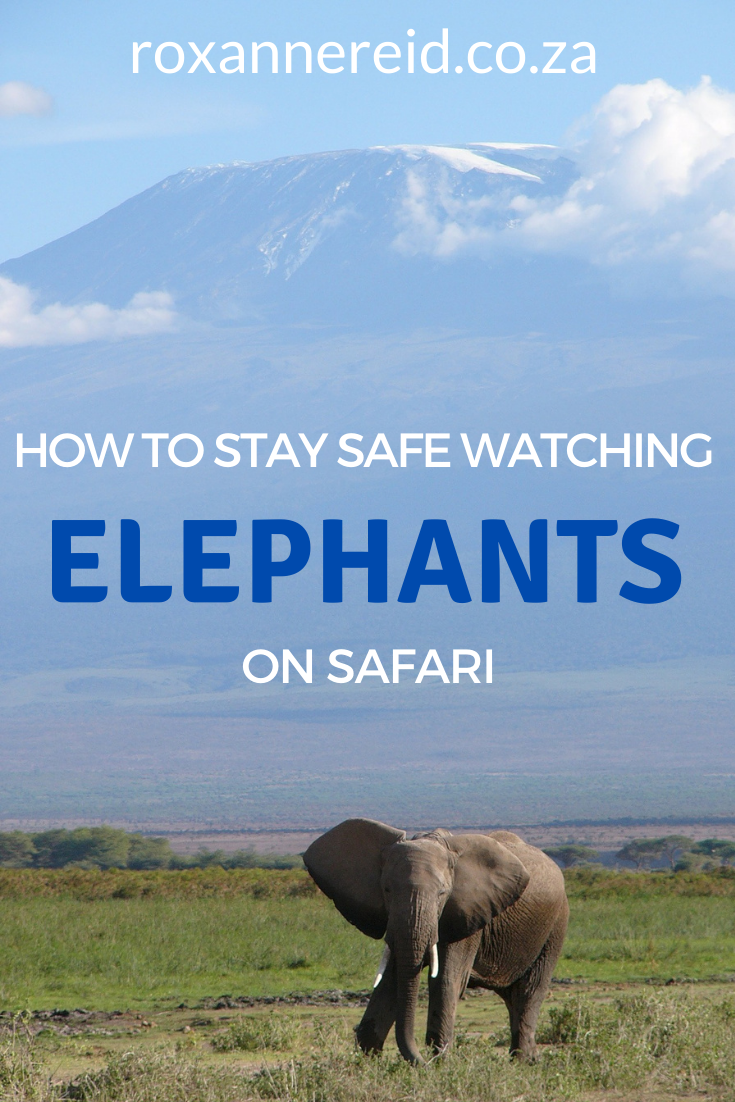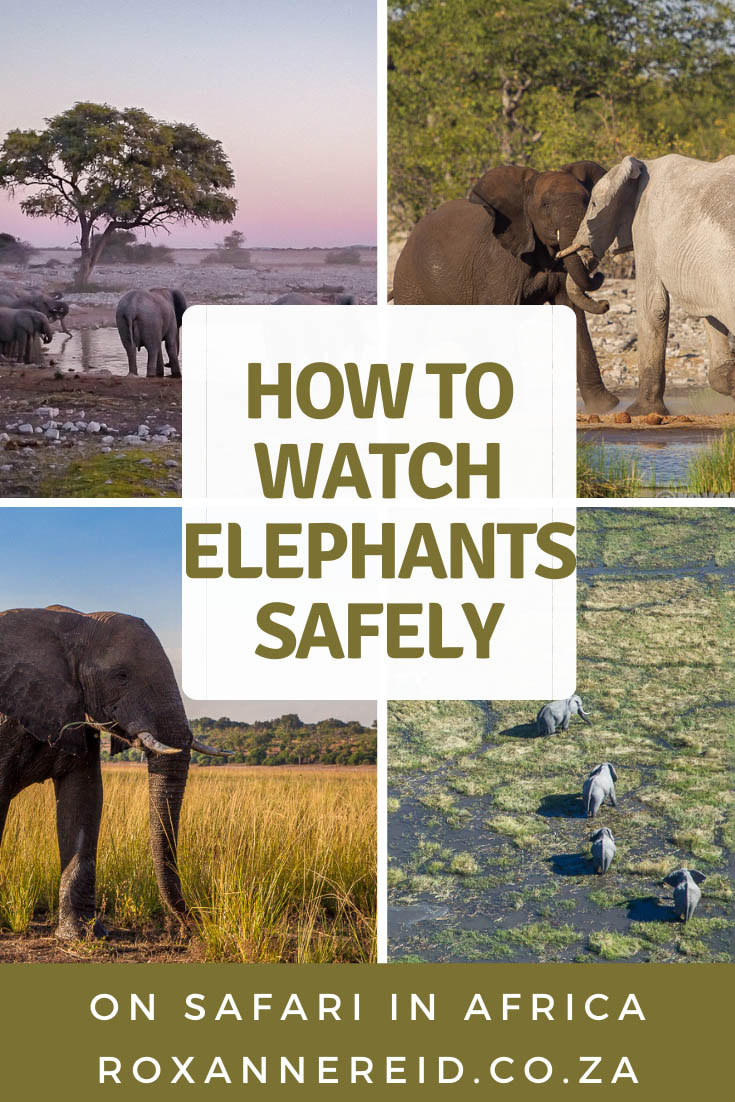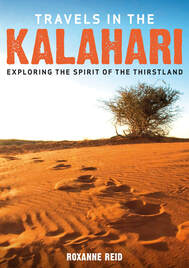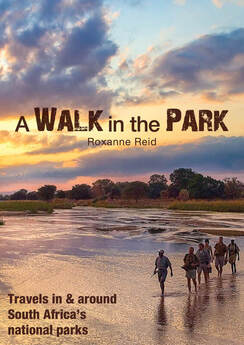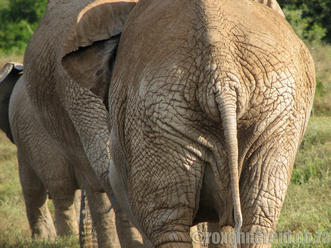
There have been a number of instances in the news in recent months of humans behaving badly around wild animals, especially elephants. Unfortunately for the humans, their transgressions are captured on video for the rest of us to shake our heads at in disbelief. Here's how to stay safe while watching elephants in the wild.
- Keep your distance (at least 50m) and stay in your car.
- Don't drive off the road.
- Don't follow the elephants.
- Always give elephants the right of way.
- When you come to a sighting, slow down and don't speed into the sighting.
- Check for escape routes before you settle down to watch them.
- Drive off slowly (in reverse if necessary) if they get too near you. If they come closer than about 20m try to back off but don't panic or make lots of noise by revving your engine. They hate that.
- Never cut off their path, especially if there's more than one vehicle at a sighting.
- Be wary of breeding herds, especially when they have small calves. Female elephants can become aggressive if they see you as a threat to the safety of their calves.
- Know that musth bulls can be unpredictable and dangerous. Musth is a state of sexual tension for them and they can be aggressive. You will know one from the fact that he is leaking fluid from the temporal gland between his eyes and ears. He may also be leaking urine onto his hind legs and the ground. Keep a safe distance and don't antagonise him.
Know the signs of aggression and what they mean
- An elephant standing tall with the head and tail raised and ears spread is a warning sign that it is uncomfortable about something - possibly you.
- A rocking motion with one foot swaying back and forth is another hint you shouldn't ignore.
- The elephant may uproot objects and throw them in your direction as a threat.
- If the elephant starts to shake its head, it's getting really annoyed. Tossing its head up and down is also a threat display.
- Swinging the trunk, blowing and trumpeting are also signs the elephant has been disturbed. Sometimes youngsters do this just to test their (and your!) mettle. If a full-grown elephant does it, don't ignore it.
- An irritated elephant might mock charge you as a warning - a rapid approach for a few steps with head held high and ears spread. This is giving you fair warning to back off. If you don't, the next step may be a full charge.
- A full charge isn't something you want to have directed at you or your vehicle. You need to read the earlier signs as above and give way or back off quietly out of the elephant's personal space until it feels calm again. Remember that a charging elephant can move at about 40km/h, which is probably faster than you can reverse.
Now go out and enjoy a safe, peaceful interaction with these amazing animals.
You may also enjoy
Interesting facts about elephants at Letaba rest camp, Kruger
Like it? Pin this image!
